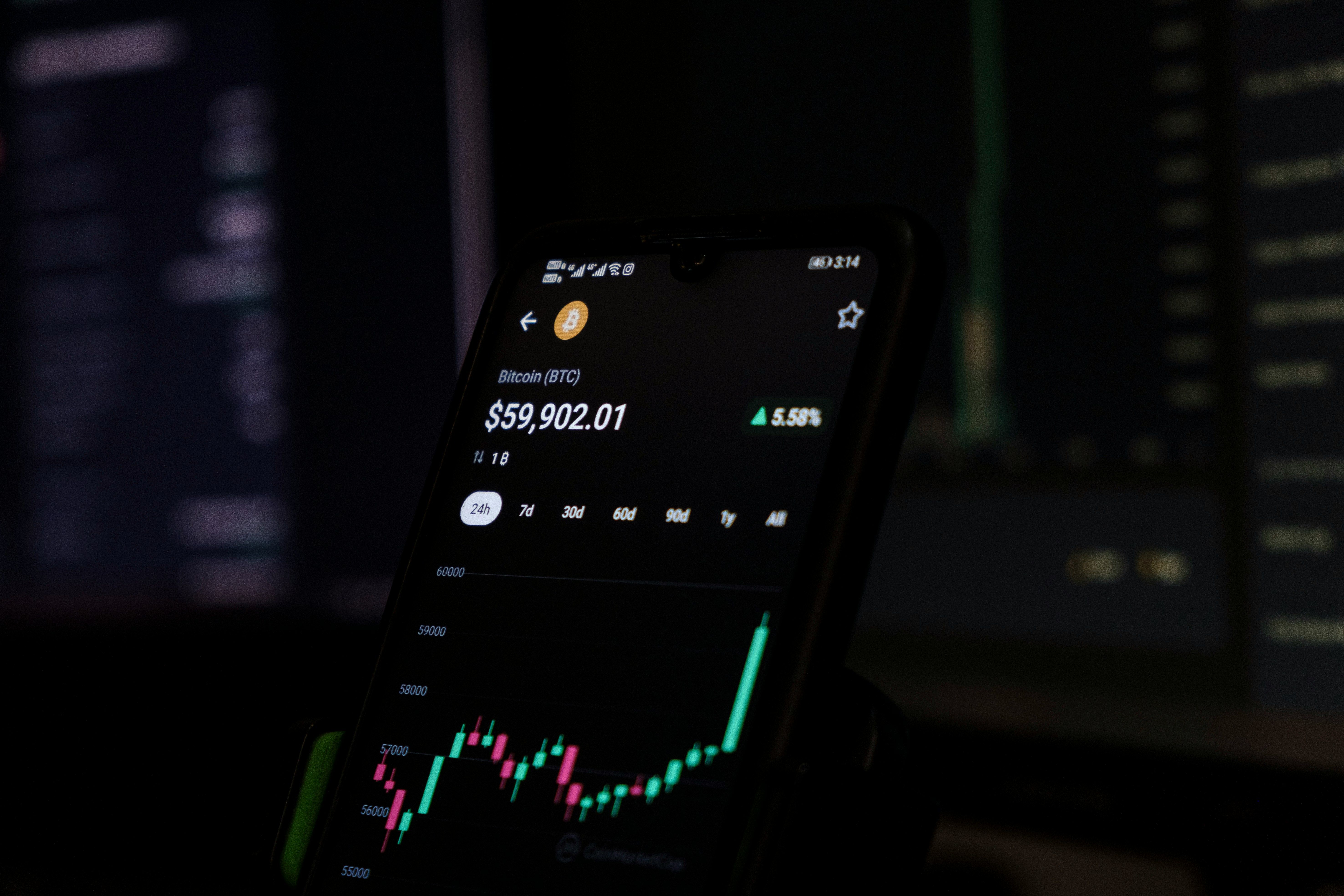
The revolution in AI for trading was expected to dramatically change the industry, yet it has morphed into a quick profit-seeking venture. Amidst a flurry of ChatGPT imitations marketed to crypto traders, the promises of “AI-powered insights,” “next-gen trading signals,” and “agentic trading” often fall short of reality. What we see are products that are overpriced and underperforming, failing to meet actual trader needs.
Saad Naja is set to speak at the AI Summit during Consensus 2025, scheduled for May 14-16 in Toronto.
AI’s role should be to enhance the trading experience, rather than replace human traders. Some companies, like Spectral Labs and Creator.Bid, are innovating with AI agents but risk becoming irrelevant if they don’t provide genuine value beyond superficial wrappers. There’s a dangerous reliance on Large Language Models (LLMs) like ChatGPT, skewed towards trendy marketing language instead of actual functionality.
AI Agents Should Augment Trading
The synergy of AI and trading holds promise, allowing traders to achieve better outcomes more efficiently. However, the market doesn’t need emotionless AI agents with full autonomy; traders require tools that foster improved trading strategies, speed, and confidence. The current rush for GPT wrappers leads to poorly developed agents that exploit traders’ uncertainty and fear of missing out (FOMO).
Trading transcends mere speed or full automation; it’s rooted in prudent decision-making—an amalgamation of scientific analysis and intuitive judgment. The art of trading, involving skill advancement and individualized strategy growth, often gets overlooked in an era obsessed with quick fixes.
Just Fancy Calculators
Real advancements should integrate predictive trading models, real-time APIs, sentiment analysis, and blockchain data while cutting through the overwhelming noise of Crypto Twitter. Market movements are often influenced by emotions and sentiment; if an AI trading agent can’t recognize when market sentiment shifts, it’s fundamentally ineffective.
A proficient trading agent should analyze subtleties, much like adept traders do. While cultivating a wealth of historical trading data is crucial, true expertise arises through interactive learning and adaptive strategies.
Better to Lose Pretend Money
Many individuals feel daunted by financial systems, leading them to avoid trading altogether. Simulated environments can bridge this gap, enabling individuals to experience the thrill of wins, the struggle of losses, and the resilience needed to recover. AI Trader agents must facilitate this learning process, replicate trading scenarios, and incorporate periods of unexpected challenges.
Through simulations, traders can hone their ability to recognize patterns, manage risks, and respond to market volatility without facing substantial financial consequences. By learning through these agents, they can refine their methods and take ownership of their trading outcomes.
Before My Bags, Win My Trust
The advancements in AI Agent interactions have reached a point where they can nearly emulate human-like responses through conversational depth. For traders to place trust in these agents, they need to seem authentic, intelligent, and engaging. Agents that resonate with traders—whether cautious portfolio managers or optimizers—are vital to building this trust. Control is paramount: traders should have the power to approve or deny the AI Agent’s suggestions.
Reliable communication regarding trading strategies and progress will further deepen this trust. The best AI agents should evolve alongside traders, demonstrating their value before assuming responsibility for managing funds.
As the marketplace shifts, trader skepticism towards first movers will grow. To make a meaningful impact, Trader AI Agents must evolve from basic chat interfaces to become dynamic, educational, and emotionally aware. Otherwise, they remain what they are today—glossy distractions masquerading as innovative solutions, extracting more from users than they contribute, as indicated by recent shifts in the AI token market.
The merger of AI and crypto has the potential to empower traders significantly. With the correct incentives and a focus on trader needs, AI Agents could unleash unparalleled learning and revenue opportunities—not by displacing traders but by facilitating their evolution.



